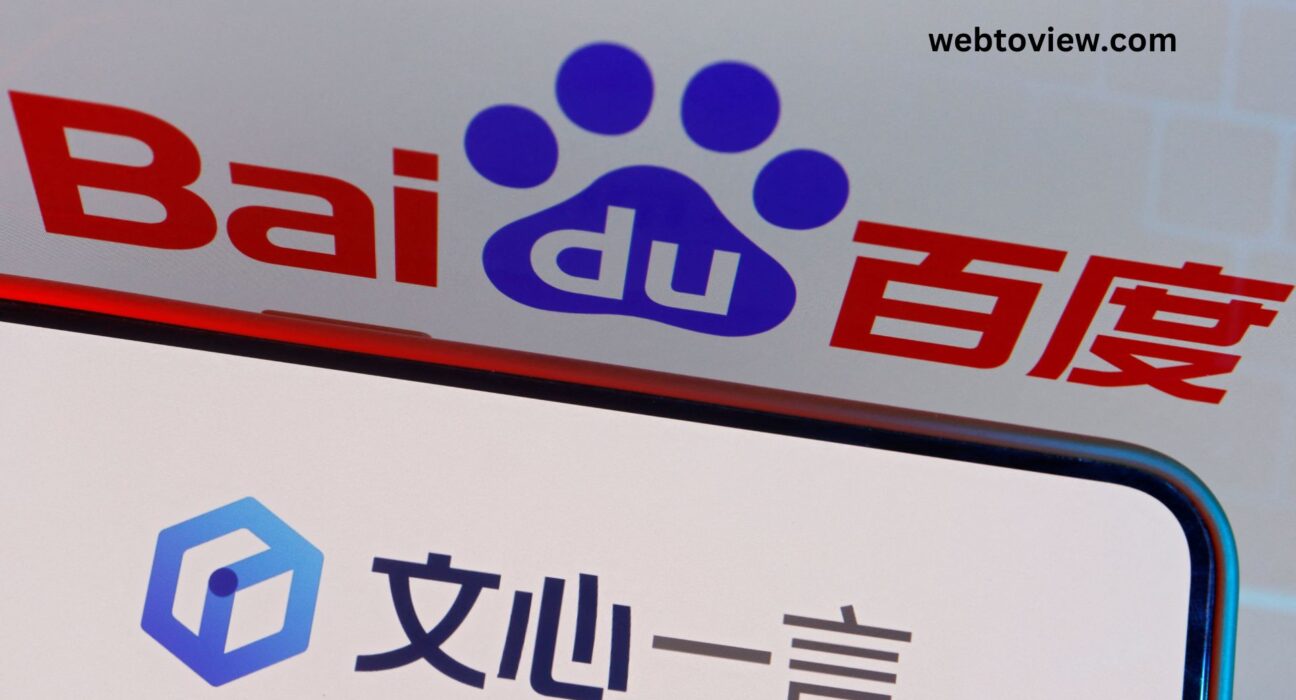Baidu is the most popular search engine in China with a global market share of 0.74%. While their search engine isn’t as popular as Google, it still gets a lot of traffic. Founded by Robin Li and Eric Xu in 2000, Baidu is based in Beijing’s Haidian District. It offers 57 web services and boasts 189 million daily active users.
1. Number of visitors
The founders of Baidu, Robin Li and Eric Xu, were inspired by the classic Chinese poem “The Green Jade Table in the Lantern Festival” (). Li left China in 1999 to pursue his dream of building an internet company in the United States, where he studied computer science at Buffalo University. Upon graduating, he launched Baidu with $1.2 million in investment money from Integrity Partners and Peninsula Capital.
When you do a search on Baidu, you can access news, maps, government searches, an encyclopedia, Internet TV, anti-virus products, and more. In addition, the company has created unique products, such as driverless motorcycles and cars.
Its e-commerce platform, Youdao, is also a powerful tool for companies looking to expand into the Chinese market. The site allows users to easily search for and purchase products from foreign brands. It is important to note that Youdao is only available to users with a Chinese ID.
As a result, it is important to have a solid marketing strategy for your company’s website in China. Having a website with 100% Chinese content is one of the best ways to increase your site’s rankings on Baidu. Baidu gives priority to websites with 100% Chinese text, and it can only index simplified characters. This makes it essential to use a professional translation service when creating your website.
See More:
Yahoo Popularity According to Visitors
YouTube Popularity According to Visitors
2. Time spent by visitors
As far as search engines go, there is a lot to love about Baidu. It offers an array of features that help marketers analyze the effectiveness of their campaigns. For example, it allows you to track the number of visits your website receives, what regions in China they are coming from, and more. This data can help you optimize your site to better meet the needs of Chinese audiences.
Founded in 1996 by Robin Li, Baidu was built from the bones of his previous search engine, RankDex. Initially, it was a paid search service for major corporations. However, it was not a profitable venture for long. That’s when Li decided to move the business to China, which opened up a huge market for search engines.
While Google dominates the US search market, Baidu is the dominant force in China. In fact, it holds 80% of the country’s search engine market. It also has a strong presence in the mobile sector, as it powers most of China’s popular smartphone operating systems.
Although Google has a greater global reach, it’s difficult to compete with the massive market share that Baidu enjoys in China. As such, it’s essential that companies optimize their websites for Baidu to maximize their potential reach in the country. To do so, they should ensure that their websites are written in Mandarin. Additionally, they should include images and videos that appeal to Chinese users.
3. Keywords used by visitors
While Google remains the world’s most popular search engine, Baidu and other Chinese companies have risen to challenge its position in China. Google is headquartered in Mountain View, California, while Baidu is based in the former capital of the Qin dynasty. The company serves billions of Chinese citizens and global businesses.
Internet search data can be used to monitor and forecast socio-economic phenomena. It is possible to use these data to create composite indices to reflect changes in social and economic conditions, and it can also be used to predict visitor numbers to sites. For example, researchers analyzed the time-series of actual visitor numbers to the Forbidden City and developed an ARIMA model incorporating Baidu keywords as explanatory variables. The model predicted future visitation trends well.
In addition to its core search engine, Baidu offers 57 other services, including a search function for mobile phones, a downloadable software program called “Baidu Desktop Search,” and a free toolbar that displays search functions on Web pages. Baidu also offers a voice assistant service, Chinese-language translation services, and an online encyclopedia.
Founded and incorporated in 2000, Baidu is one of the world’s largest Internet and artificial intelligence (AI) companies. It is headquartered in Beijing’s Haidian district and operates several research centers, including a AI lab. Its founders, Robin Li and Eric Xu, are considered the Chinese equivalents of Larry Page and Bill Gates. The company is the second-largest Internet search engine in the world, behind Alphabet’s Google.
4. Pages indexed by visitors
Baidu has a vast number of services, including search engine, maps, cloud storage, music, and self-driving cars. Its largest service, Baidu Search, accounts for most of its revenue and is the default search engine in China. It also powers the search function in popular browsers and mobile operating systems. The company has a large R&D team and a significant presence in China’s tech industry. Its name is taken from a Chinese poem, “The Green Jade Table in the Lantern Festival,” by Xin Qiji (1140-1207). The poem’s theme is about the search for one’s dreams amidst distractions—which is exactly what a search engine does.
The company’s headquarters are located in Beijing’s Haidian District. It has more than 57 web services and employs more than 45,000 people worldwide. Its market share in China is over 80%.
In addition to its search engine, Baidu offers a variety of other Internet-based services, including cloud computing, music, maps, and translation. It is also a leading developer of artificial intelligence technology and has a large patent portfolio. Its products include the iQIYI video streaming platform, Baidu Wenku document-sharing platform, and the Baidu Baike online encyclopedia.
If you want your site to rank well on Baidu, focus on generating content in Simplified Chinese. Its search algorithm prefers websites that are hosted on Chinese servers, and it indexes only simplified Chinese characters. In addition, it censors sites that feature anti-government speech, adult content, or anything that is culturally sensitive.






